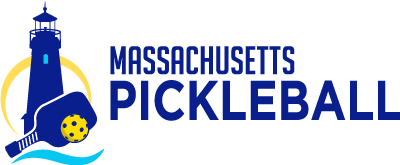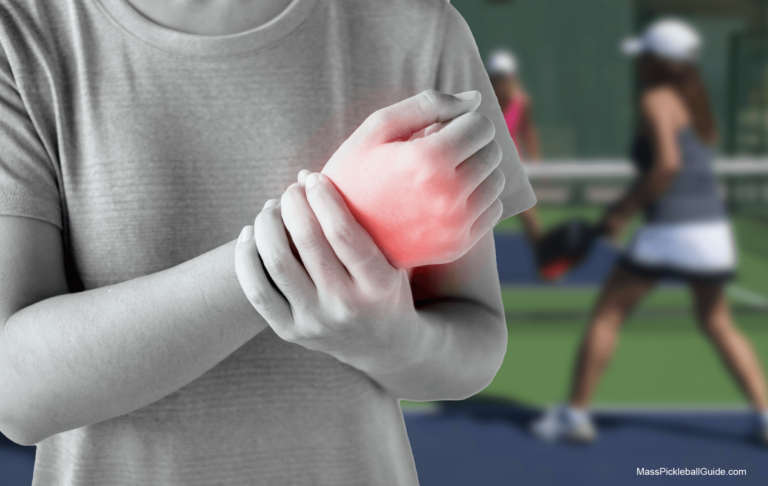Pickleball Clubs: Uniting Communities & Growing the Sport
join the party
As 2024 unfolds, it presents an ideal opportunity to start a pickleball club, tapping into the growing enthusiasm for this dynamic sport. Pickleball is more than a game; it’s a thriving community. At its heart, the pickleball association plays a pivotal role in knitting together this vibrant fabric. These associations extend beyond merely organizing games; they are instrumental in fostering a sense of belonging, advocating for the sport, and creating an inclusive environment for players of all ages and skill levels.
The Impact of Pickleball Associations
Forming a pickleball association brings numerous benefits to the table. It’s not just about having a structured setup for the sport but also about fostering a sense of camaraderie and community engagement. Associations provide a structured environment for scheduling games and tournaments, ensuring players have regular opportunities to engage in the sport. They also serve as powerful advocates for the sport, working to secure sponsorships and support from local businesses and stakeholders, thereby fostering a sense of community and offering players a platform to connect, network, and share their passion for pickleball. With resources dedicated to training and coaching, associations help in nurturing player talent, offering opportunities for development and growth.
Here are some key advantages:
- Organized Play and Tournaments: Associations provide a structured environment for scheduling games and tournaments, ensuring players have regular opportunities to engage in the sport.
- Advocacy and Sponsorship: A well-established association can be a powerful advocate for the sport, working to secure sponsorships and support from local businesses and stakeholders.
- Networking and Camaraderie: It’s not just about playing; it’s about building relationships. Associations foster a sense of community, offering players a platform to connect, network, and share their passion for pickleball.
- Player Development and Coaching: With resources dedicated to training and coaching, associations help in nurturing player talent, offering opportunities for development and growth.
Starting Your Own Association
Starting a pickleball association can seem daunting, but with clear objectives and a solid mission, it’s certainly achievable. Here’s a simplified breakdown in a table format to help guide you through the process:
| Step | Description |
|---|---|
| Mission and Objectives | Define the association’s purpose, goals, and what it aims to achieve in the community. |
| Budget Planning | Establish a financial plan, considering potential sponsorship and funding sources. |
| Registration and Guidelines | Set up official registration processes and establish playing and membership guidelines. |
| Community Engagement | Plan events and activities that promote involvement and camaraderie within the region. |
For a deeper dive into what makes pickleball an engaging sport and how it’s perceived, check out our posts on Pickleball: Noise or Sport? and The Impact of Pickleball Noise.
Driving Community Engagement through Pickleball Associations
Pickleball associations create a melting pot of experiences, fostering a unique sense of belonging and involvement. They organize local and regional tournaments, bringing players together for friendly competition and community building. Social mixers and charity events are perfect for players to socialize, exchange tips, and form lasting friendships beyond the court. Sponsorship is also vital, providing essential funding for events, equipment, and facilities, and helping to link the association with the wider community, promoting mutual support and engagement.
For creative ideas on team naming and player involvement, don’t miss our guide on Great Pickleball Team Names.
The Role of Player Development in Pickleball Associations
An integral aspect of pickleball associations is fostering player development. This facet goes beyond just improving skills; it’s about nurturing a supportive environment where players of all levels can thrive.
Training and Coaching
- Coaching Sessions: Offering regular coaching sessions helps players improve their skills and understanding of the game.
- Workshops and Clinics: These events provide specialized training and tips from experienced players or coaches.
Resources and Development
- Educational Materials: Providing resources like rulebooks, strategy guides, and skill development videos can aid players in their journey.
- Development Programs: Tailored programs for different skill levels, from beginners to advanced players, ensure inclusive growth and learning.
For insights into how pickleball impacts players beyond the physical aspect, explore our article on Pickleball and Mental Health Impact.
Fostering a Sustainable Pickleball Community
The ultimate goal of any pickleball association is to build a sustainable and thriving community around the sport. This involves continuous effort in various areas, such as consistently updating members about upcoming events and news, introducing pickleball to younger generations, gathering member feedback, and adapting strategies accordingly. Advocacy involves promoting the sport within and outside the sporting community and collaborating with local governments for better facilities and support.
In essence, pickleball associations are more than just organizers of sport; they are the heartbeat of a passionate community. Through their efforts in community engagement, player development, and advocacy, these associations not only promote the sport but also forge a network of friendships, shared experiences, and mutual support.
Final Thoughts
Being part of the journey of a pickleball association is a rewarding experience, filled with challenges, opportunities, and the joy of seeing a community come together. It’s about the people, the connections, and the community spirit that pickleball fosters. For more insights into what pickleball players are called and the culture surrounding this dynamic sport, explore our article on What Are Pickleball Players Called?







